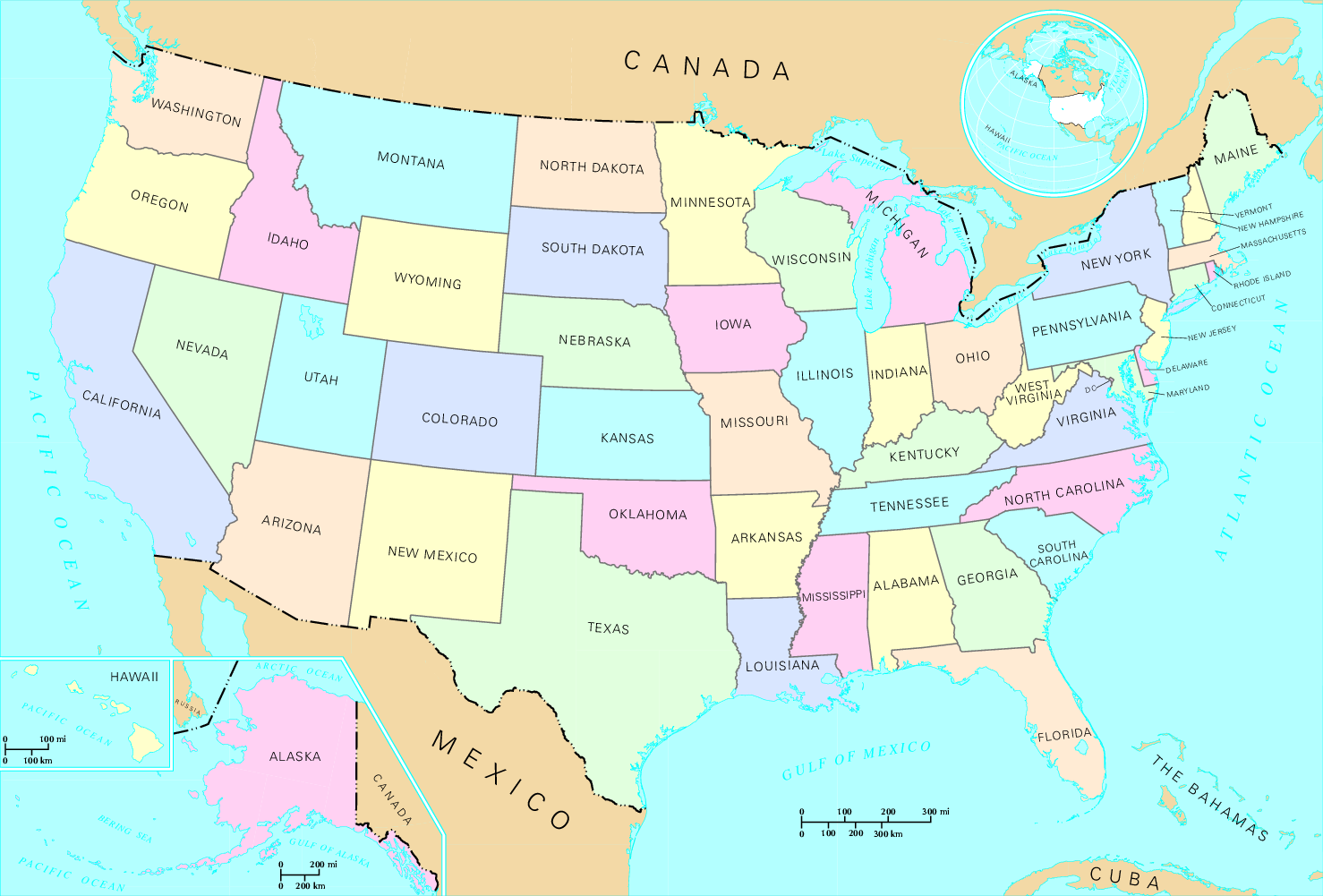My original KYHOI involved maps and how they mediate us etc. Unfortunately, as the project progressed to the final stages, this became much less feasible. Now, I have not scrapped the idea – on the contrary, it is a very large part of the project – but having been given some advice, I went in a little bit of a different direction. My original submitted video (which you readers will probably never see) was criticized for not fully embracing the medium of video. The solution to this problem, apparently, is to use voice overs. Now, I personally think that my voice tends to kill the dark mood of the piece, but overall, I think it turned out better than expected. The other main point of criticism was that the project did not fully address the idea of mediation – there was too much history instead. Now, being a bit of a history buff, I tend to like putting bits of history, but overall... yeah, there was too much history. This version has the history scaled down a bit (though not too much) and spends a bit more time on the KYHOI as a whole. What is that you ask? Here's the short version: new forms of technology and communication can not save mankind.
It is a bit of a take on Morozov's ideas on cyber-utopianism and how those sentiments are misplaced. This is placed directly in opposition of Rifkin's Empathic Civilisation ideas. He believes that new communication and technology will bring us together and harness our inherent empathic capabilities. Now, it is a nice picture and all – not to mention one that I would totally love if possible – but it is a bit like favoring Communism. Though Rifkin tries to suggest that flaws arise from people's lack of embracing empathy, I think the faults run a little deeper. Though Rifkin claims that empathy exists as man's desire to see death overcome, I tend to think of it more as a way for mankind to support groups to overcome life's obstacles – including other people. In essence, that we don't ever move past the alien other, just change what it looks like. Each new form of technology or innovation may bring people closer together, but people only come closer together in order to overcome, at this point, other people coming together. It's all in the idea of “the other” that just about anyone who has taken a social science course should be familiar with. For those that have not, “the other” is essentially the “us” versus “them” idea and how this is a pervasive thought in the human mind. If you want to extend it further, you can also claim that the thought is SO pervasive that even when a group is entirely in the “us” category, humans will find minor differences with which to distinguish themselves.
As an aside, have you noticed that just about everyone in the United States is middle class? This is true for a number of reasons; wanting to belong and religious dislike of the rich are only a couple examples. Take another look, though, and you will find upper middle class people and lower middle class people and upper UPPER middle class people – the list goes on and on. Even though everyone is middle class, they want to distinguish themselves from all the other middle class people. Hooray for class based societies!
Anyway, how this is depicted in the video. Well, I start out by outlining the opposing view: Rifkin. After that, I go and tell a little story about the Berlin Wall. It's really useful because you can get two separate main ideas out of it, and both work. The first, is that the Berlin Wall marks an ideology overcoming all other forms of separation and, when that happens, people fight against it in order to go back to the old patterns of separation. The Iron Curtain divided the world into two parts, and when it fell, the world became many many parts again. Now, the other way of looking at it is as a heart warming story of people overcoming adversity by banding together and ultimately succeeding. This would fit with Rifkin's ideas for the Empathic Civilisation – everyone working together to overcome death and all. The big kicker, then, is the end of the piece when I demonstrate that, no, people really don't want to come together. Germany became whole again, sure, but they still want to remain German and not integrate with the rest of the World. Cue Chancellor Merkel. Now, one can debate the pros and cons of such views, but the point still stands; given the choice, people want to separate themselves, not band together.
Resources:
Berger, Peter L., Brigitte Berger, and Hansfried Kellner. The Homeless Mind; Modernization and Consciousness. New York: Random House, 1973.
Carr, Nicholas G. The Shallows: What the Internet Is Doing to Our Brains. New York: W.W. Norton, 2010.
Freud, Sigmund, James Strachey, and Peter Gay. Civilization and Its Discontents. New York: W.W. Norton, 1989.
Goody, Jack. The Domestication of the Savage Mind. Cambridge: Cambridge Univ., 2000.
Klinghoffer, Arthur Jay. The Power of Projections: How Maps Reflect Global Politics and History. Westport, CT: Praeger, 2006.
Morozov, Evgeny. The Net Delusion: the Dark Side of Internet Freedom. New York, NY: PublicAffairs, 2011.
Ong, Walter J. Orality and Literacy: the Technologizing of the Word. London: Routledge, 2002.
Overy, R. J. Why the Allies Won. New York: W.W. Norton, 1995.
Pinker, Steven. The Language Instinct: How the Mind Creates Language. New York: HarperPerennial ModernClassics, 2007.
Zeiler, Thomas W. Annihilation: a Global Military History of World War II. New York: Oxford UP, 2011.

